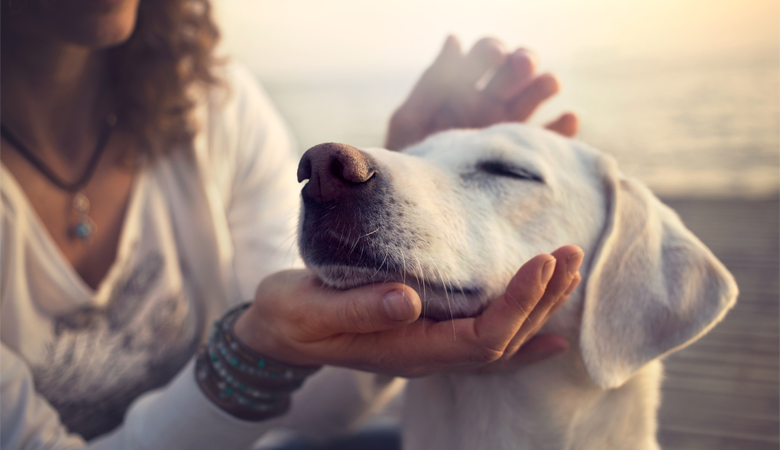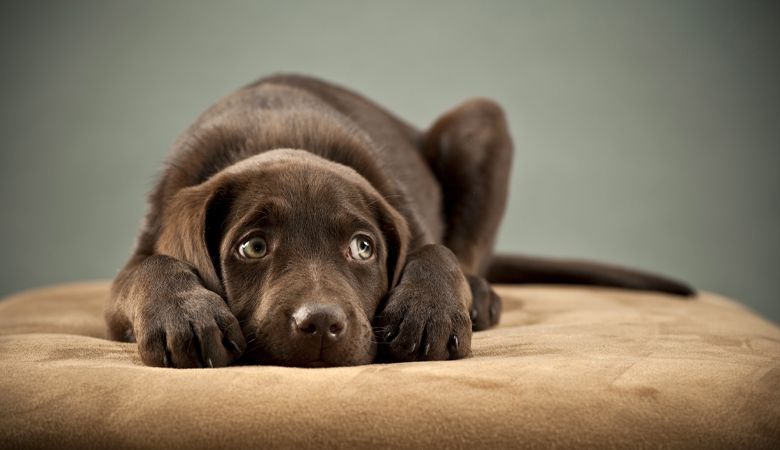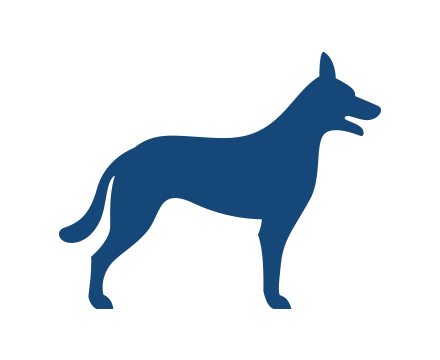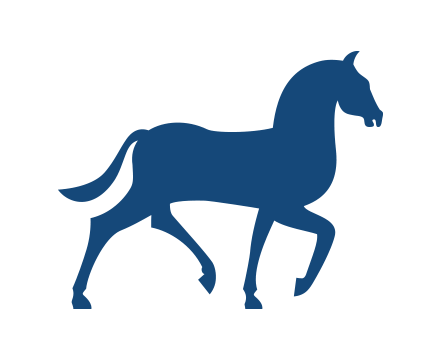If your dog is so fearful that they pose a risk to themselves, others, or their surroundings, it’s advisable to contact your vet well in advance. Your vet can create a treatment plan, including medication, to help your dog cope with the New Year’s celebrations and the period leading up to it as safely and comfortably as possible.
5% off probiotics with code PROBIOTICS5
5% off probiotics with code PROBIOTICS5
Prepare your pet for New Year's Eve!
December is a stressful month for many pets. In the lead-up to New Year’s Eve, fireworks are often set off, which can cause significant anxiety for our animals. Firework anxiety frequently develops after a traumatic experience, such as being startled by fireworks. The fear of fireworks and loud noises is a natural reaction linked to the survival instincts of our pets. Unfortunately, if left unaddressed, this fear can worsen.
With the right approach, however, you can help your pet manage this period more calmly. By preparing your dog or cat early, you can greatly reduce their stress. Interested in learning how to make New Year’s Eve as comfortable as possible for your pet? Read on and find out more!

Supporting supplements
There are various types of supplements with calming properties available to support your dog or cat with firework anxiety. Research has shown that a combination of certain nutrients (L-tryptophan, B vitamins, and L-theanine) can positively affect your pet’s mood. Additional support is also available for small pets and horses.
You can find natural oils containing a blend of calming herbs, dietary supplements that promote relaxation, and specially formulated foods with these same supportive effects. These nutrient-based supplements have no side effects. For optimal results, it is recommended to start 2-4 weeks before a stressful period.

I am looking for calming support for my:
Calming pheromones
Pheromones are natural scents produced by your dog or cat that can influence their behaviour. These pheromones are released into the environment and have a calming effect on animals of the same species. By dispersing these pheromones around your pet, your dog or cat can relax more easily. There are treats containing supplements, sprays for bedding areas, collars impregnated with pheromones for your dog, and plug-in diffusers available. These products have a calming effect and provide extra support during stressful periods and training.

Extra tips
Aids
Some dogs benefit from extra protection. Ear protectors, such as hush muffs, help to muffle loud noises. For your dog’s comfort, it’s important to only use ear protectors specifically designed for dogs. Another useful option is the Thundershirt, a snug-fitting vest for your dog. The gentle pressure applied by this vest has a calming effect. If you plan to use either or both of these aids, start early to help your dog get used to them, gradually introducing them step by step.
Training
This is perhaps the most important aspect of effectively managing (firework) anxiety. Fear is a common issue in animals. The fear of loud noises is, in itself, a survival mechanism, as it helps them flee from danger when necessary. In many situations, however, fleeing is thankfully not required. But being startled by loud noises and fireworks can lead to (traumatic) experiences, which may worsen if not addressed. The resulting fear and stress can be considerable, so it is crucial to address the issue for your pet’s wellbeing.
With the right training, anxiety can be reduced, and a new, positive association with the noises can be developed. You can practise this yourself using a training CD, or seek the help of a behaviour therapist or dog training school. To support these training sessions, you can use Dr. Ann’s Stress Reduction, which helps your pet become more receptive during the learning process.
Why does my animal find fireworks exciting?
Basically, every animal will naturally react upon hearing a loud bang, as in nature this increases their chances of survival. The extent to which your animal responds to these sounds depends on many factors and can vary from one animal to another. Socialisation and health issues also play a role. The loud noises, often combined with strong smells, mean that a negative experience can lead to the development of fear or even a phobia. In addition to the noises and smells, some animals are also disturbed by the vibrations and flashes caused by fireworks. As a result, this fear often extends to thunderstorms or other loud sounds.
What can I do for my cat with fireworks anxiety?
If your cat experiences stress and anxiety around fireworks, it’s wise to address this well in advance. You can support your cat as much as possible by, if possible, creating a separate room where they can feel safe. Using a Feliway diffuser and spray can make this space more inviting. The pheromones released help promote relaxation. This will make it easier for your cat to get used to the room and feel more comfortable. Make the space cosy for your cat by adding an extra litter tray, comfy sleeping and hiding spots, and ensuring there’s plenty of food and water.
There are also supplements available for cats that may help with firework anxiety. However, it’s important to start using these well ahead of time.
Tips for New Year’s Eve:
- – Never leave your cat home alone during the New Year’s celebrations
- – Provide a safe place where your cat can hide, such as a box or under a bed or blanket
- – Play some soft music or have the radio on quietly
- – Close all windows and doors
- – Draw the curtains
- – Offer your cat a tasty treat, such as wet food, or use an activity board with kibble to help distract them
- – Reassure your cat if they appreciate it
When is the best time to start giving calming supplements to my pet?
Most calming supplements need to be given for at least 2-4 weeks consecutively to achieve the best results. So, make sure to start well in advance to ensure a more relaxed holiday season for both you and your pet
My dog is extremely afraid of fireworks, what should I do?
What is the best solution when my pet is afraid of fireworks?
Which animals suffer from firework anxiety?
My dog isn’t afraid of fireworks yet; is there anything I can do?
Does practising with loud noises really work?
Interesting blogs for you

Firework training
For many dogs, New Year's Eve or Bonfire Night are no fun. Sudden flashes in all kinds of colours, crackling noise, hissing, whistling and lots of loud bangs can be very scary. It is understandable that many dogs don't know what to do with themselves!

Dealing with fireworks anxiety
A fear of fireworks is a very common problem in cats and dogs. It’s often caused by your dog or cat being frightened by fireworks, resulting in a traumatic experience. If you don’t take steps to alleviate this fear, it may expand. Fear of fireworks can generalise towards a fear of everything with a loud sound. This article will give you a tips on how to handle a fear of fireworks.







